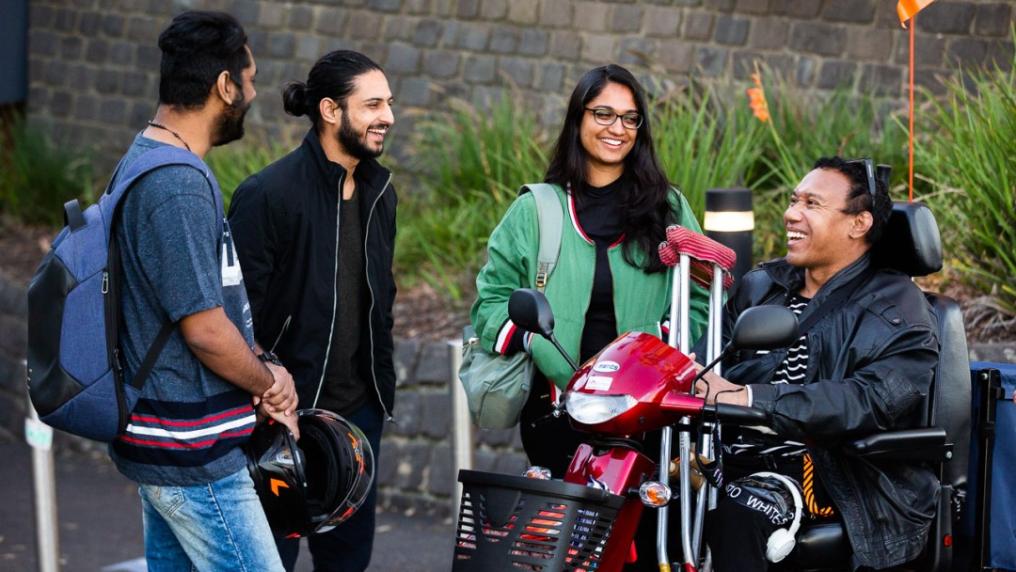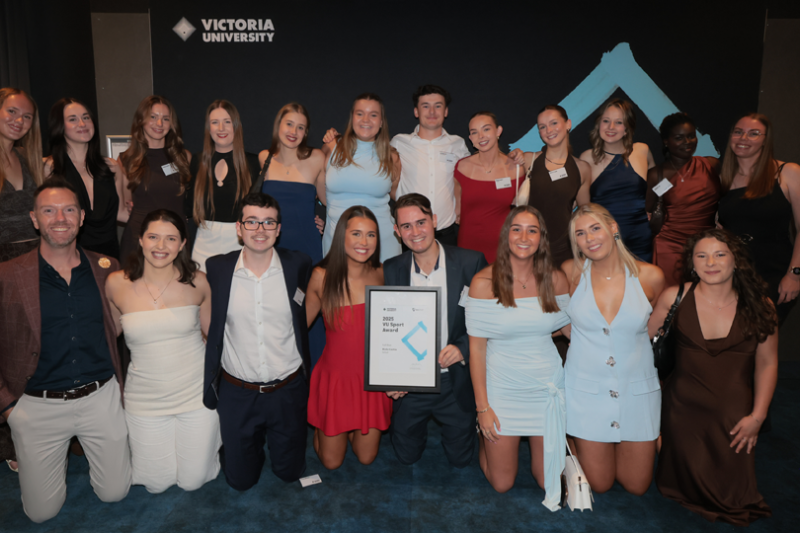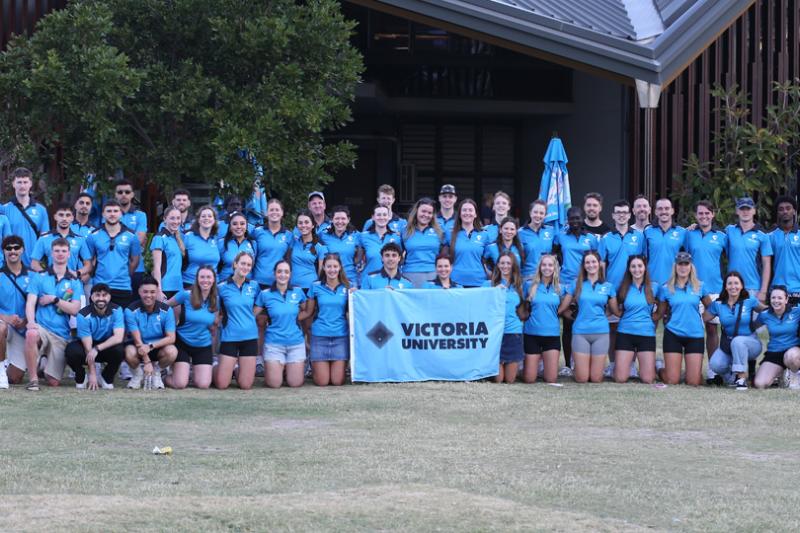Beyond the ATAR - Opinion & analysis by Vice-Chancellor Adam Shoemaker

In my view (and according to many other experts), ATAR’s are, at best, a proxy for educational quality. A simulacrum. An echo of excellence – not the excellence itself.
A primary reason for their imperfection is they do not always embrace essential skills – the ones the world needs more of – such as communication, resilience, focus, empathy, pattern recognition or creative thinking.
With their emphasis on a ranked number, an ‘absolute score’, ATARs are not nearly as holistic nor as reliable as one might think. But there is scope for reform – more on that later.
ATAR ranks (which are always relative rather than absolute) do not account for the reality that not everyone ignites, catches fire, or gets into the further study zone at the same age and time of their lives. They certainly do not all do so at the age of 17 or 18.
However, before we announce the complete demise of ATARs, we must approach the issue with optimism and rigour. We need to ask ourselves: 'how can we gain a more nuanced and personalised way of representing peoples’ skills and capacities for excellent achievement?'
Many universities are already extending their selection criteria beyond the ATAR rank. At Victoria University (VU), we are proud that we have a strong history of welcoming people in various stages of their lives to profound tertiary success. We look at work profiles; at aptitudes; at prior learning; at work-ethic; at patterns. We have known for a long time that someone’s ATAR does not, in itself, reflect their capacity to outperform in the future.
And we believe that such capacities have to be both personalised and energised. As a result, in 2018, my predecessors changed the face of higher education in Australia through the introduction of the VU First Year College and the VU Block Model. We have implemented our own, carefully-designed measures to help students achieve their career goals – opening the door to new ways of learning and both supporting and stretching them every step of the way. The uplift in excellence has been amazing.
However, the whole tertiary sector is not there yet. The system needs a shakeup, and some great minds are already on the case. Take, for example, ‘Beyond ATAR: A proposal for change (PDF)’ in 2019 and the Shergold Review in 2021.
Suggestions for an expanded ‘Learner Profile’ – which encompasses the ATAR as well as individual traits and strengths – are extremely promising.
Another solution is the opportunity to elevate the role of vocational education and of dual-sector institutions, integrating their approach to essential skills education even more strongly into secondary schooling. This year, in Victoria, that has happened – with the adoption of a statewide, senior secondary 'vocational major' in the wake of the very effective Firth Review.
There is something as tantalising as it is logical here: a key to unlocking the problem of conventional ATAR-worship. After all, as a number of scholarly studies over the past 25 years have shown, the prior completion of a TAFE diploma is just as strong a predictor of tertiary success as a high ATAR score.
With the insights of the Macklin Review (PDF) well-and-truly populated in the Victorian Skills Plan we are already half-way there. Now – with the development of the Australian Universities Accord well underway – the answer to the ATAR dilemma be closer than we think.
I believe that leaders in post-secondary education should embrace individual student learning journeys that are flexible, concurrent, and complementary. They must also be industry-informed at the highest level of quality.
Put simply, we have to marry essential skills acquisition with the pursuit of the best creative, professional knowledge in the same time and place.
We need amazing nurses who are fully au fait with myhealth.gov.au and with digital patient records. We need lawyers with deep mediation skills; marine scientists with the ability to undertake scientific diving; hospitality industry leaders who can excel with the design of materials for hotels.com...and the list goes on.
These combined and simultaneous approaches to essential skills coupled with deep learning represent the future of personalised learning at scale.
They also induce industries to physically relocate onto campuses – to take proximate advantage of that skills explosion. They encourage employers to work (together and well) with the students who will become their future workforce in real-time...and with the highest level of team-based cooperation.
In that way, the relevance of the ATAR as an 'absolute judgement measure' will progressively and inevitably fade away – of its own accord.
The unleashing of skills – especially those drawn from both vocational education and higher education working in tandem will be irrepressible.
I have said it before, and I will say it again: the time of the dual-sector university has arrived. And the days of ATARs as we know them are correspondingly numbered.
My thanks to Jacinda Euler and Brisbane Girls Grammar School for the opportunity to participate in your Illumine podcast, I thoroughly enjoyed tackling a number of the big educational questions.
I will share more excerpts and thoughts over the coming weeks. You can listen to part one of the interview on Spotify, Apple Podcasts or Google Podcasts.



